Darren Bagnall from Flat Living Insurance provides some guidance on preventing frozen pipes as winter approaches.
Winter is round the corner and the fear of frozen pipe season is getting real.
Most people will have dealt with or know someone who has dealt with the fallout from a frozen pipe that has burst. It is a nightmare all-round and can be extremely expensive and disruptive to fix.
As prevention is always better than cure, here is your go-to guide for preparing plumbing checks for the months ahead.
Your To-Do List
Most of these you may be aware of, some you may not- make sure you do all that you can to prevent a frozen pipe situation:
Insulation
Insulation is a must for lofts, water tanks, and every single pipe. This is particularly beneficial for external pipes that require protection, as well as those located in unheated areas of the building, such as car parks, machine rooms, and lofts etc.
Heating Control
In very cold weather, it is best to keep the heating on at a low level consistently, or to come on a couple of times a day. Most modern boilers have a frost-protection thermostat which turns on automatically if the temperature drops to a level that will cause your pipes to freeze.
Utilising Technology
Temperature monitoring systems can be a great tool of you have pipes that are at particular risk. If you have had a burst pipe before and you are concerned that additional insulation etc may not prevent it happening again, this may be a great option for you.
It involves fitting a small device in the vicinity that will alert you if the temperature drops to a risky level. You can be alerted 24/7 via the associated app and you can also check the temperature for peace of mind any time.
Educate Those around you
Make sure everyone know the steps they should be taking to help avoid these issues across the block. That includes:
- Always leaving heating on at a low level during very cold weather- including if they are going to be away.
- Asking someone to check on their unit while they are away.
- Replace faulty tap washers promptly to prevent the tap from freezing and blocking the pipe. Sorting a dripping tap can also save you around a litre of water a day!
Boiler Servicing
Maintain all heating systems in the block, whether communal or within individual units, to prevent potential issues. Encourage leaseholders to book in a pre-winter boiler service.
What to do if the Worst Happens
If your preventative measures fail and you find yourself dealing with a burst pipe, here is a step-by step of what to do:
Turn the water off!
Make sure you and your residents know where the stopcock is and check regularly that you can turn it off easily. Consider labelling it so you remember where it is in a panic. Do not forget to turn off the stopcock in your cold-water tank too, if you have one.
Protect the area
Protect the surrounding area and contents. Cover furniture and floors with plastic sheeting etc- you could even have sandbags on hand for this purpose.
Thawing out
Before you reach for the nearest hairdryer, turn on the tap nearest to the part of the pipe you think is frozen. This will allow the thawed water to flow through once melted. Then you can gently heat the frozen pipe. We suggest a hot water bottle- take extra care with hairdryers as electrical equipment and water do not mix! Start from the tap end of the pipe and work backwards towards the cold-water tank.
Do not be tempted to use a more ferocious source of heat- we have heard a few disaster stories involving heat guns and blow torches. Trust us, just don’t. Gentle heat is always best.
Claiming insurance
Once the damage has been contained, photograph everything and contact your insurer to get the ball rolling. Make sure you let them know about any preventative measures you had in place and can give them a full account of what happened.
Water leaks are a nightmare regardless of the time of year, but winter leaks are the worst.
There will be (multiple) stressed residents who may have to leave their home(s) during the festive season, drying out takes longer, contractors are less available- the list goes on. Do what you can to save yourself and anyone else the hassle of the fallout.
Flat Living Insurance provides specialist insurance policies for blocks of flats and apartments. For more information or a quote, please contact a member of the Flat Living Insurance team on 0333 577 2044.

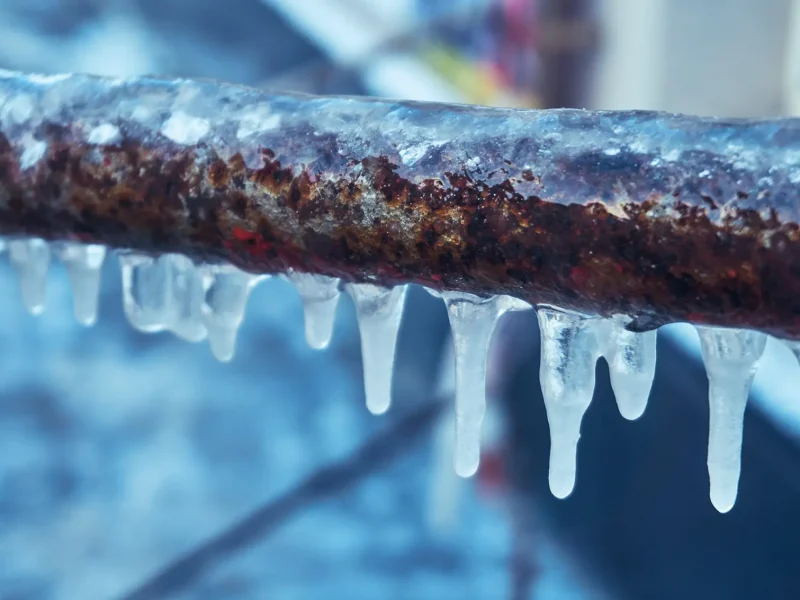



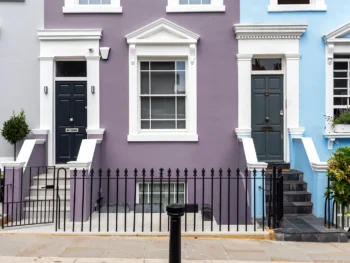
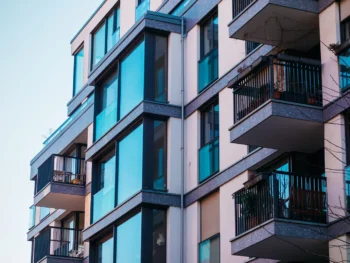
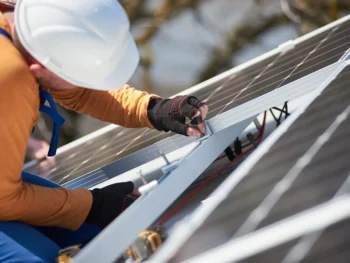
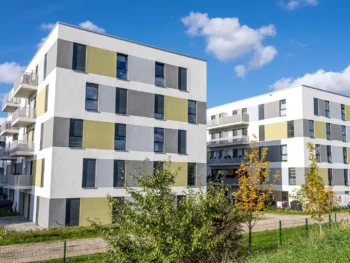

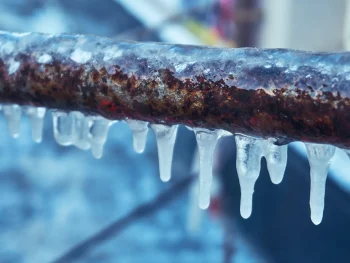
 Community-Building Initiatives: Strengthening Relations to Prevent Disputes
Community-Building Initiatives: Strengthening Relations to Prevent Disputes
Leave a Reply